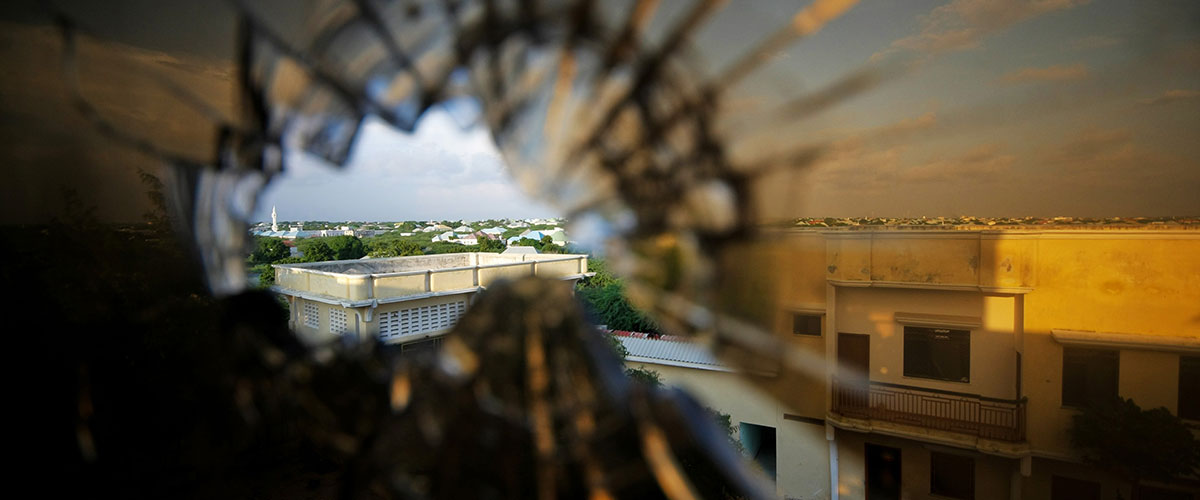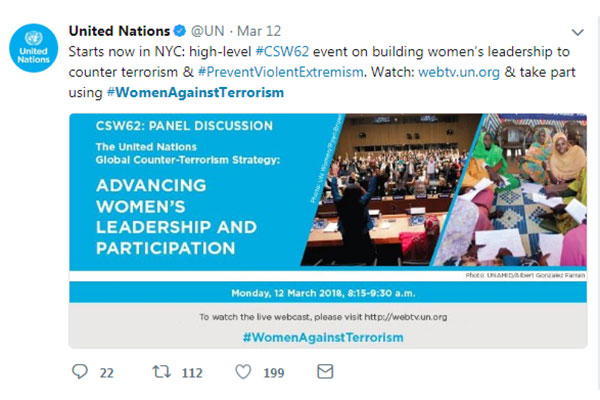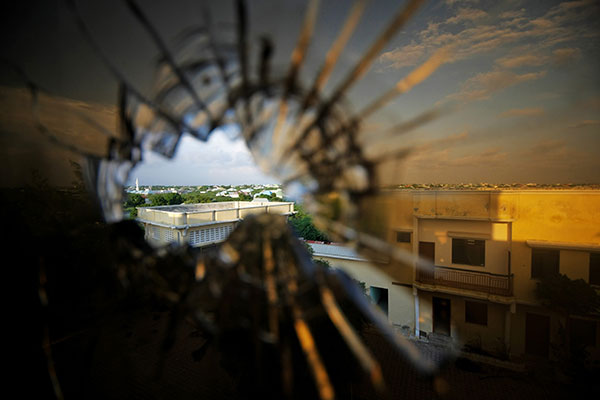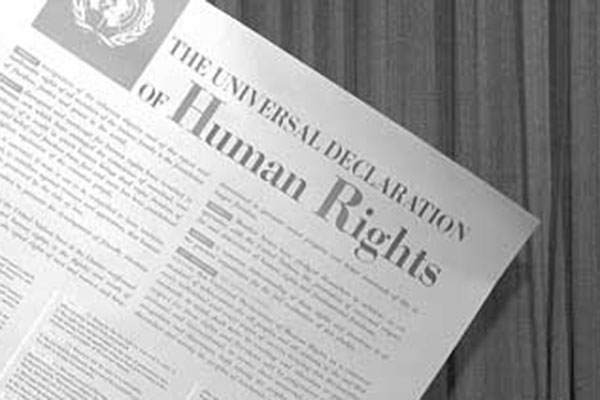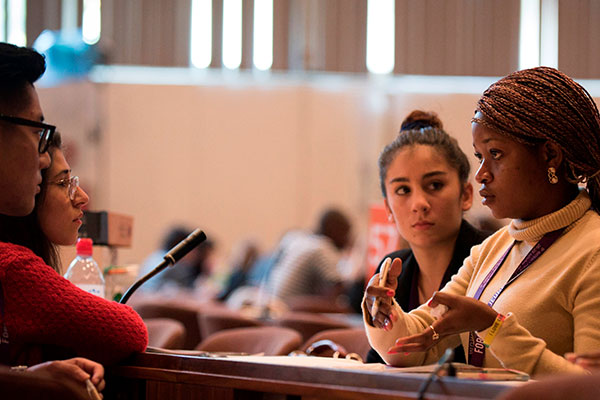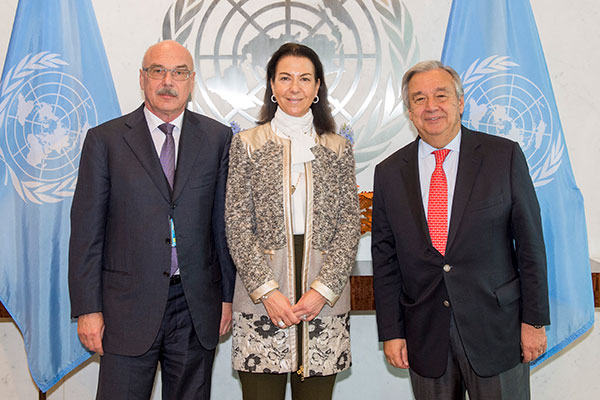Foreign Terrorist Fighters
The United Nations has continued to adopt an “All-of-UN” approach to provide capacity-building assistance to Member States to counter the flow of foreign terrorist fighters. The United Nations Foreign Terrorist Fighters Capacity Building Implementation Plan addresses the full life-cycle of foreign terrorist fighters.
The 1267 Committee adopted a range of recommendations of the Monitoring Team aimed at improving the operational effectiveness of the 1267 and 1988 sanctions regimes. Both Committees have continued to list, review and delist individuals and entities that fulfil the criteria of the two regimes, thus ensuring that the two sanctions lists are appropriately targeted to respond to the evolving.
United Nations Office on Drugs and Crime (UNODC)’s global initiative against Foreign Terrorist Fighters aims to enhance the implementation of a criminal justice response to FTFs that fully incorporates the rule of law and respect for human rights approach. UNODC is delivering a major initiative to strengthen national legal frameworks and the capacity of criminal justice and law enforcement officials to respond to the threat posed by foreign terrorist fighters in the Middle East, North Africa and South-Eastern Europe.
United Nations Security Council resolution 2178 (2014) recognized INTERPOL’s efforts against the foreign terrorist fighter threat, which include information sharing via INTERPOL’S I-24/7 secure communications network, global databases and a system of international notices. In addition, Interpol has procedures to track stolen and forged identity papers and travel documents, which form part of our Integrated Border Management Task Force.
Security Council Resolution 2341 (2017) directs the Counter-Terrorism Committee, with the support of Counter-Terrorism Committee Executive Directorate (CTED), to examine Member States’ efforts to protect critical infrastructure from terrorist attacks, related to the implementation of resolution 1373 (2001) and with the aim of identifying good practices, gaps, and vulnerabilities in this field. The physical protection of critical infrastructure can prevent the commission of high-impact terrorist attacks, whereas the immediate response to a terrorist attack against critical infrastructure can prevent the cascading effects frequently associated with such attacks.
International Civil Aviation Organization (ICAO) provides training and assistance to States to improve the effectiveness of their national aviation security programmes, which in turn will strengthen local aviation security measures. ICAO is implementing its Global Aviation Security Plan (GASeP), which provides training materials to States to implement comprehensive risk management systems, which when implemented will allow States to identify and analyse threats to civil aviation and determine effective mitigating measures, when necessary. ICAO provides training and assistance to States on the importance of a robust quality control programme to ensure aviation security measures are implemented properly and effectively.
Since July 2015, United Nations Interregional Crime and Justice Research Institute (UNICRI) has been implementing a pilot project on Countering Violent Extremism (CVE) in eight African countries. The project is piloting diverse grass-root projects in these countries and observing their impact on local communities. Once completed, the project shall disseminate the lessons learned from its collaboration with more than 60 civil society organizations.
The United Nations Regional Centre for Peace and Disarmament in Africa (UNREC). is working with countries in the Lake Chad Basin to keep weapons out of the hands of Foreign Terrorist Fighters FTFs. Using its experience in the region, in early 2017 UNREC provided experts with the necessary knowledge and tools for them to carry out courses on combating illicit arms trafficking. This training-of-trainers provided comprehensive insights on the technical aspects of small arms control - such as how to mark, record, identify and trace the weapons, manage stockpiles and destruct unwanted weapons, and investigate arms-related crimes.

